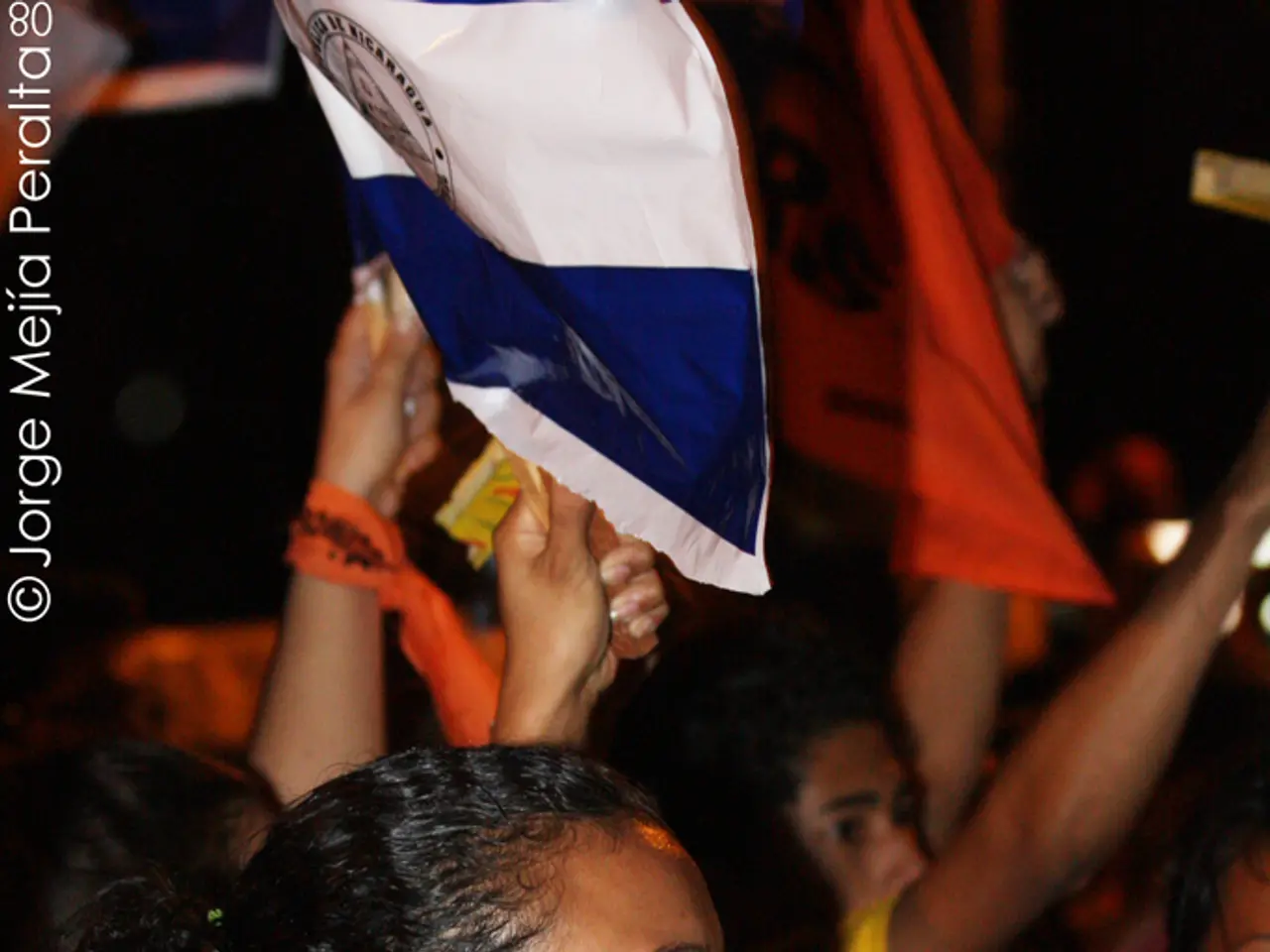Stricter border controls impede underdeveloped nations from attending summits, focusing on impoverished nations
Visa Policies Limit Global South Youth Participation in Climate Conferences
A growing concern in the global fight against climate change is the impact of visa and border policies in the Global North on the participation of youth activists from the Global South in high-level international conferences. These policies, which include stricter visa requirements and ideological vetting, create barriers that exclude many activists from attending crucial talks where decisions affecting their countries are made.
Stricter Visa Rules Exclude Activists from Vulnerable Nations
According to a study published in the BMJ Global Health journal, between 1997 and 2019, only 39% of health conferences analyzed had attendees from developing countries[1]. This underrepresentation is particularly evident in global climate talks, such as the United Nations Framework Convention on Climate Change (UNFCCC) summits and COP conferences. Activists like Sudanese youth leader Roaa have faced visa denials despite providing comprehensive documentation proving their purpose and ties to their home country[1][3].
The European Commission and other visa authorities often justify denials based on insufficient evidence that the applicant will return home, effectively barring their participation. This disproportionately impacts activists from poorer countries, exacerbating existing inequities in global climate governance participation[1].
Ideological Exclusion Policies Intensify
Besides procedural hurdles, ideological exclusion policies have intensified in some Global North countries. For example, under the Trump administration in the US, consular officers were directed to screen visa applicants' social media for signs of political activism or "hostile" attitudes toward US interests, which could lead to visa denial[2]. This ideological vetting selectively impacts activists advocating for social or environmental justice.
Exclusion Undermines Global Climate Talks
Such visa and border policies effectively exclude the very people from the Global South who will bear the brunt of climate impacts, limiting their opportunities to influence international negotiations and policies. This exclusion undermines the legitimacy and equity of global climate talks and compounds inequalities activists seek to address[1].
Moving Forward
Conference organizers should work more closely with authorities to get visas approved to allow more people to have their voices heard. The United Nations Framework Convention on Climate Change (UNFCCC) has taken steps to diversify participation at its events by boosting the quota for Global South delegates[4]. The Geneva-based group International AIDS Society (IAS) has been switching its host city since 2023 due to visa issues experienced by delegates[5].
Activists like Saida emphasize that it's up to Global South citizens to keep demanding change regarding visa issues. By advocating for more inclusive policies, we can ensure that the voices of those most affected by climate change are heard in the decision-making process.
[1] https://www.bmj.com/content/366/bmj.m4385 [2] https://www.reuters.com/investigates/special-report/usa-visa-trump/ [3] https://www.aljazeera.com/news/2023/6/15/sudanese-climate-activist-denied-visa-for-un-climate-conference [4] https://unfccc.int/process-and-meetings/the-convention/the-convention-of-the-parties/cop26/cop26-outcome [5] https://www.thomsonreutersfoundation.org/news/2023-06-30-visa-issues-force-aids-society-to-switch-conference-host-city/
This article was published with permission from Thomson Reuters Foundation, covering humanitarian news, climate change, and more.
- The scientific scenario of carbon emissions and climate change shows that the Global South nations, often most vulnerable to its impacts, are subjected to stricter visa requirements when attending international climate conferences, restricting their representation in crucial discussions affecting their countries.
- In line with scientific approaches in the field of environmental science, it is evident that the ideological vetting in some Global North countries disproportionately impacts activists advocating for social or environmental justice, creating additional challenges in achieving equitable global climate governance.
- In the context of policy and legislation development, there is an urgent need for relaxation in visa rules and a more inclusive approach to ensure the participation of those from the Global South, who are often heavily affected by climate change, in the decision-making process at climate conferences.
- Within the broader scope of general news and societal concerns, it is crucial that climate-change events actively work to diversify representation and address exclusionary policies that undermine the legitimacy and equity of global climate talks, ultimately compromising the fight against climate change.







